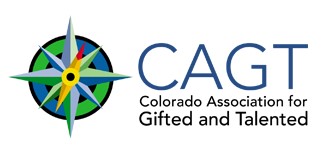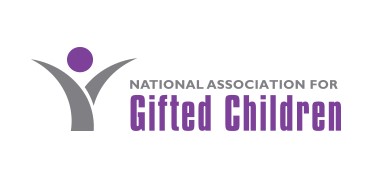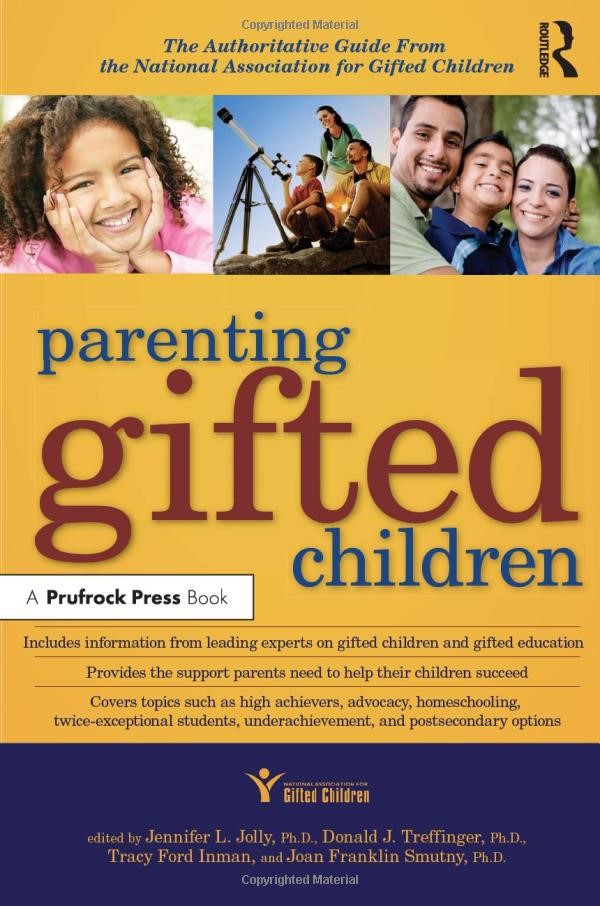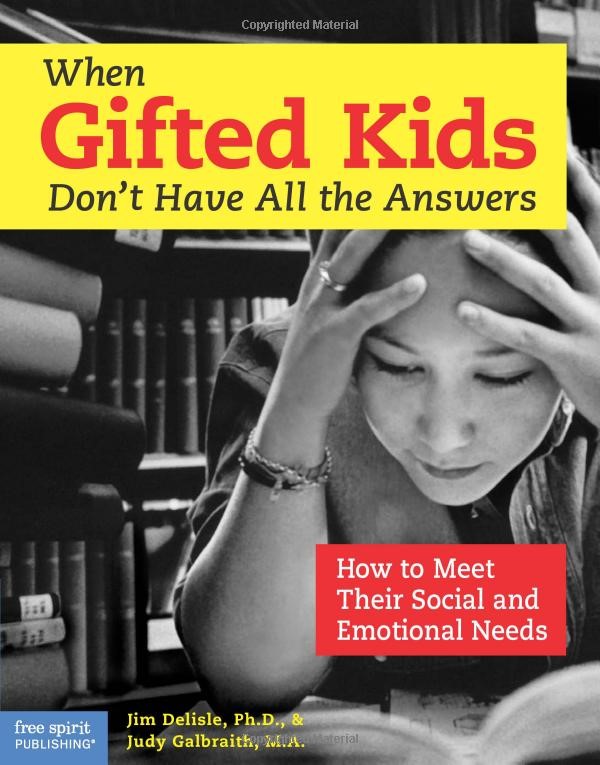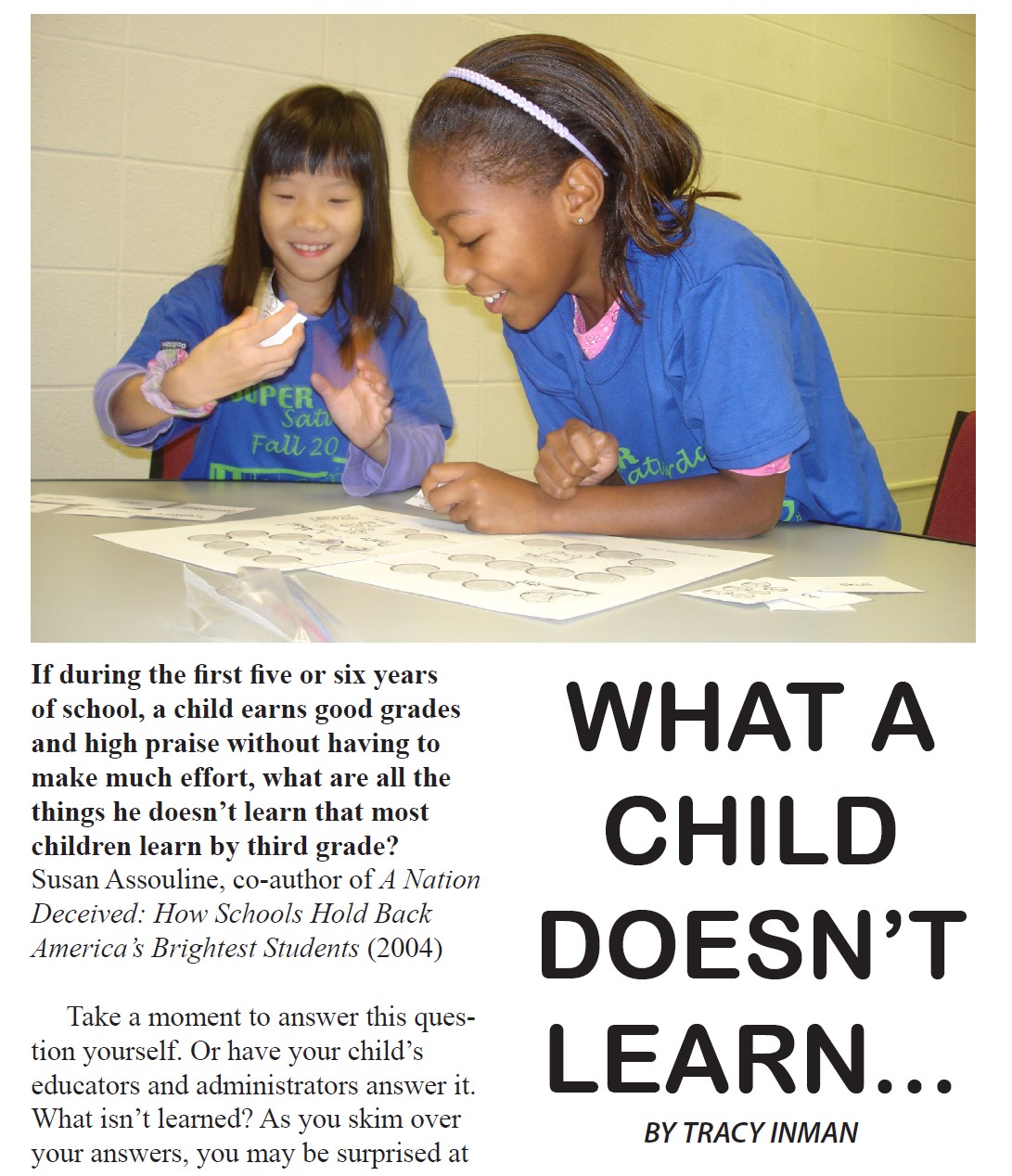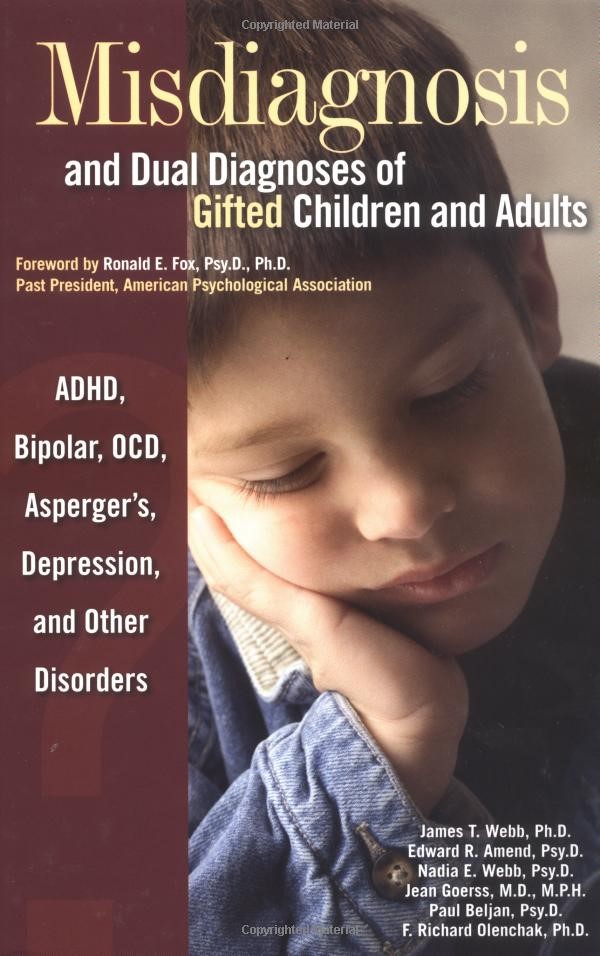Parent Resources: Great Websites and Helpful Books
Lisa Van Gemert is a mom, educator, speaker, and passionate advocate for gifted students. Her website, linked to the logo, has a variety of great ideas and information about the gifted world. She also happens to have written one of the best advocacy blog posts ever titled "8 Reasons Why You Should Label Kids Gifted."
To locate their site, you can use the following link: https://giftedguru.com/you-should-label-kids-as-gifted/
Amazon says:
"When parents need the most authoritative information on raising gifted kids, they can turn to Parenting Gifted Children: The Authoritative Guide From the National Association for Gifted Children, a gifted education Legacy Award winner. This comprehensive guide covers topics such as working with high achievers and young gifted children, acceleration, advocating for talented students, serving as role models and mentors for gifted kids, homeschooling, underachievement, twice-exceptional students, and postsecondary opportunities."
To locate the book, you can use the following link: https://www.amazon.com/Parenting-Gifted-Children-Authoritative-Association/dp/1593634307/ref=sr_1_1?ie=UTF8&qid=1503374204&sr=8-1&keywords=parenting+gifted+children
This is an easy read, with a holistic look at what gifted children need, act like, and need. Good for kids, parents, and teachers.
Amazon says:
"This book offers proven, practical suggestions for encouraging social and emotional growth among gifted, talented, and creative children and youth. The authors explain what giftedness means, how gifted kids are identified, and how we might improve the identification process. Then they take a close-up look at gifted kids from the inside out (their self-image and self-esteem) and the outside in (challenges to their well-being from their family, school, peers, and society in general)."
To locate this text, you can use the following link: https://www.amazon.com/When-Gifted-Kids-Dont-Answers/dp/1575421070/ref=sr_1_2?s=books&ie=UTF8&qid=1503374481&sr=1-2&keywords=when+gifted+kids+don%27t+have+all+the+answers
Gifted kids have different social and emotional needs than others. If you know this, but know there's more, this is a great book to help you understand your child better.
Amazon says: "Gifted children and adults are often misunderstood. Their excitement is viewed as excessive, their high energy as hyperactivity, their persistence as nagging, their imagination as not paying attention, their passion as being disruptive, their strong emotions and sensitivity as immaturity, their creativity and self-directedness as oppositional.
This resource describes these overexcitabilities and strategies for dealing with children and adults who are experiencing them, and provides essential information about Dabrowski s Theory of Positive Disintegration. Learn practical methods for nurturing sensitivity, intensity, perfectionism, and much more."
To locate the text, you can use the following link: https://www.amazon.com/Living-Intensity-Understanding-Sensitivity-Excitability/dp/0910707898/ref=sr_1_1?ie=UTF8&qid=1503374819&sr=8-1&keywords=living+with+intensity
How America Turned Against Smart Kids: A great article that has a quick historical overview and some logical points to consider.
Parents of gifted children face egalitarian dogmas and an anti-intellectual culture.
To locate the text, you can use the following link: https://www.theamericanconservative.com/how-america-turned-against-smart-kids/
Have you ever wondered if what you see and what the rest of the world is seeing are the same kid? An interesting read that may help in understanding both twice exceptional students and those who just don't fit the school mold.
Amazon says:
"Often bright children are mis-diagnosed and therefore treated with drugs unnecessarily - here's what to look out for."
To locate the text, you can use the following link: https://www.amazon.com/Misdiagnosis-Diagnoses-Gifted-Children-Adults/dp/0910707677/ref=sr_1_1?ie=UTF8&qid=1503375671&sr=8-1&keywords=misdiagnosis+and+dual+diagnosis+of+gifted+children+and+adults
Become Part of the Solution
It's never easy to approach teachers, administrators, or school GT Coordinators, but advocating for your child is important to you, as a parent. One of the best articles written comes from the Davidson Institute on how to advocate well. After you have a chance to read the text with the following link: http://www.davidsongifted.org/Search-Database/entry/A10558 , you can ask yourself a few important questions before you go in:
1. How much time is realistic to ask the school to spend with your child on his/her needs?
2. What program(s) would be the most beneficial for your child? What time are you able to give to assist with that implementation?
3. What kind of balance are you wanting to achieve for your child between social and academic skills?
4. Are there other students who might benefit from the change or program you are suggesting?
5. Have you started and ended on positive notes for the school?



